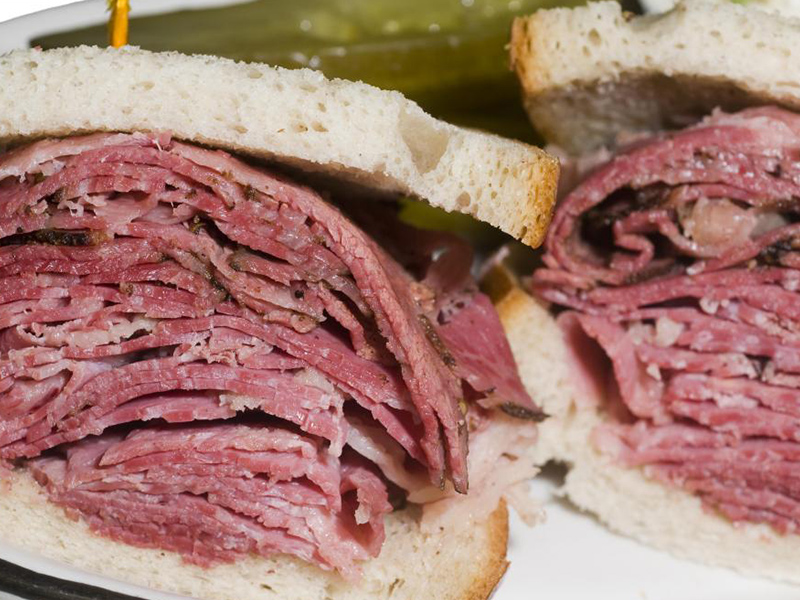I was sitting in a Toronto coffee shop next to a table with five older women. One of them said to the group, “I am cutting bacon out of my diet – but I do love it once in a while.”
“Why are you doing that,” one woman asked?
“I just read that bacon and salami and hamburgers can cause cancer – didn’t you see the paper yesterday? It’s almost as bad as smoking cigarettes – who would have known? I hope it isn’t too late because I have bacon at least once a week on the weekends when we go out for breakfast.”
It amazes me how, when something is reported in the media, the response ranges from hyperbolic concern by some reporters and the public, to complete lack of concern by others. It can be very hard to decipher the real implications of the many reports that focus on public health threats from the world around us. I have watched as eggs, coffee, various fats and oils, alcohol, different types of exercise and where we live and what we breathe became the focus of notices to the public to either “beware,” “take heed,” “change practice,” or just “stop.”
READ: Why I hired a Belgian butcher to circumcise my son
Some public health warnings are immediate, and often due to the finding that some food item poses an immediate threat to consumers. A recent example is the warning and resultant steps taken by the restaurant chain Chipotle, after reports showed that more than 40 people had fallen ill with E. coli food poisoning after eating at Chipotle Mexican Grill restaurants in six different states.
This type of warning is reminiscent of those from public health agencies during barbecue season reminding consumers to barbecue their chicken and hamburgers particularly well because of the risk of E. coli, a ubiquitous bacteria that can be destroyed by proper cooking but may linger in undercooked or rapidly cooked meat where the necessary bacterial-killing inside temperature is not high enough.
These warnings differ from public health warnings about eating habits. Having witnessed the potentially harmful effects of coffee come and go over the years, I was grateful that the final estimation was that when all is said and done, coffee probably has more beneficial effects on health parameters than negative ones. For me, a coffee-lover, it was a true public health blessing; yet, the European Union recently recommended against drinking more than four cups of coffee a day based on caffeine consumption. On the positive flip side, a recent report recommends us to “hold on tight to that cup of joe, because it could save your life,” the result of research at the Harvard School of Public Health that says lifelong coffee lovers could be at less risk of dying from Type 2 diabetes, suicide, cardiovascular and neurological diseases.
READ: Many Jews eat bacon, but some are hypocritical about it
So what about the bacon, hot dogs, corned beef and pastrami, barbecued steaks and hamburgers? Does everyone who is not a lifelong vegetarian or subscribe to the Mediterranean diet run the risk of sudden death from a BLT or hot dog at their favourite ball game?
A recent study in the United States reveals that 57 per cent of American Jews eat pork in one form or another, but this should not necessarily be interpreted as a sign of anti-religious drift or impending culinary doom.
The final message should be: most things can be eaten in a moderate and balanced fashion, unless there are specific health-related concerns – more important than how often one eats bacon, meat and pastrami, is the portion size and balance with other non-meat foods, including vegetables and fruits. And always cook meat well, especially on the barbecue.
Food is one of the most enjoyable aspects of life, and we should not make ourselves obsessively concerned every time a new “warning” comes out about the dangers of life and what we eat. Hang in there – the recommendation will likely change over time. Take it all in stride – with a dollop of Dijon mustard.
